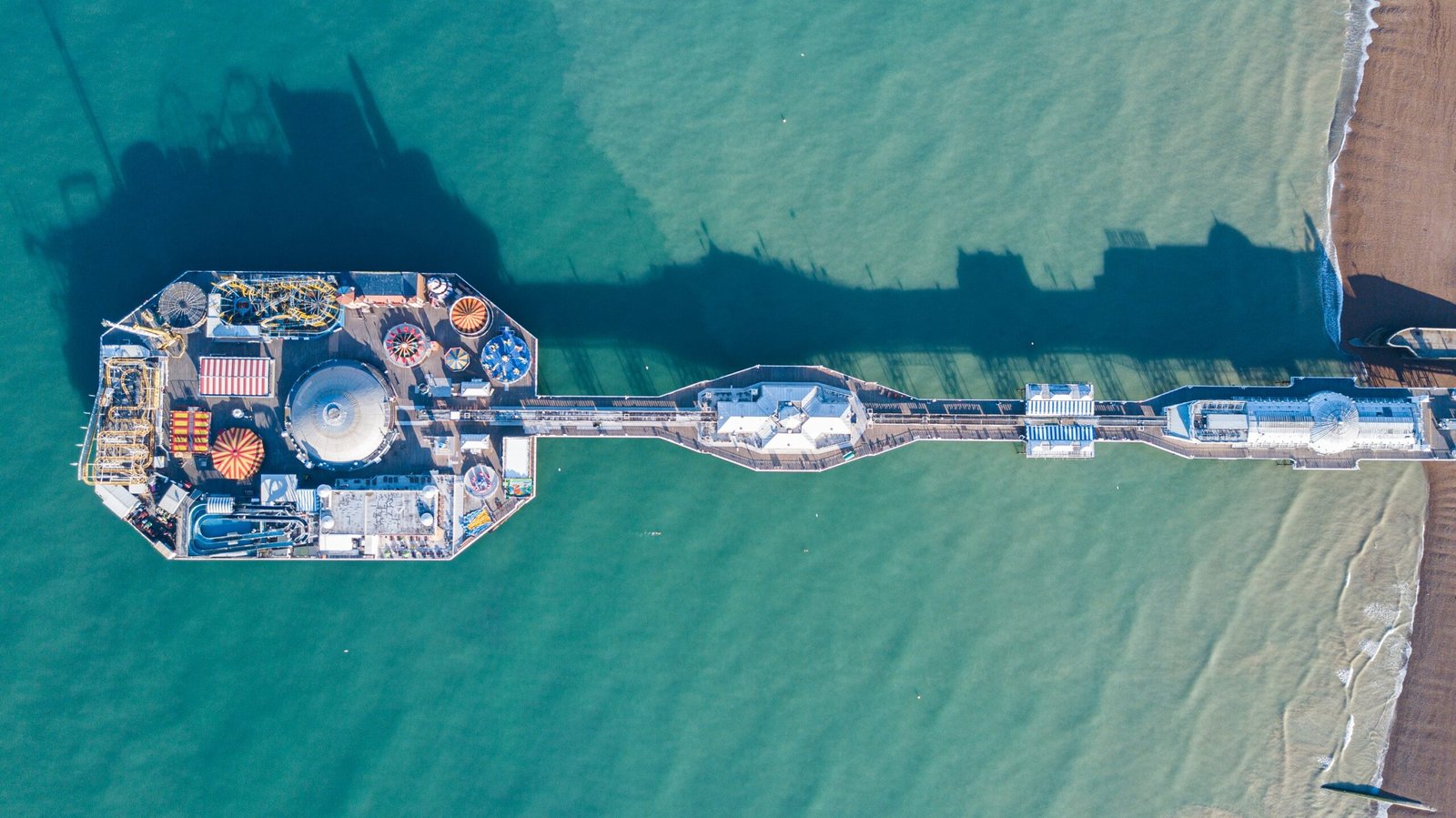Getting your fish pond in shape involves more than feeding and giving your fish a home.
One crucial aspect of maintaining an environment for your companions is setting up an effective filtration system. Deciding on a fish pond filter can be overwhelming, as the market has numerous options.

This article will explore factors to consider when picking out a filter for your fish pond. By grasping these factors, you can confidently choose a filter and ensure optimal care for your beloved fish.
Pond Size
The size of your pond significantly influences the type and size of the filter system that suits it best. As your pond grows, its filtration needs become more intricate and robust. A common error is using an incorrect filter for a pond, which can lead to subpar water quality and insufficient filtration. Measuring your pond’s dimensions before settling on fish pond filters for sale is essential.
Pond Capacity and Fish Population
Another critical factor to consider when selecting a fish pond filter is its ability to effectively manage the number of fish in your pond. Many fish in your pond can produce waste, putting pressure on the filtration system. Various filters have specific capabilities when it comes to managing waste buildup. It’s essential to consider the number and size of your fish and other inhabitants to choose a filter that can effectively meet their needs.
Types of Filtration
Filters for fish ponds come in various types, each serving specific filtering purposes:
a) Biological Filtration: This type focuses on eliminating harmful toxins by using beneficial bacteria colonies that convert ammonia and nitrites into less harmful nitrates.
b) Mechanical Filtration: This type physically removes debris like leaves, food, and plant material from the water by trapping it in filtration media such as foam pads or floss.
c) Chemical Filtration: This type employs activated carbon or other chemical media to eliminate impurities, odors, and color changes in the water.
Understanding these filtration methods is essential when selecting a filter system that combines these techniques for effective filtration.
Pump Capability
A pump is necessary for circulating water through a fish pond filter system. The size and power of the pump play critical roles in determining its efficiency. When selecting a pump for your fish pond, remember that the higher the head pressure, the bigger the pump you’ll need to maintain proper water flow through your filter. If the pump is not powerful enough, it could affect how well your filtration system works and result in poor water quality.
Maintenance Needs
Maintaining a fish pond requires particular attention, so choosing a filter system with low maintenance demands is essential for lasting success. Some filters need frequent cleaning, while others have self-cleaning features that reduce the need for frequent upkeep. When picking out your fish pond filter, consider it’s easy to access, clean, or replace filter media.

Energy Conservation
In today’s eco-conscious world, selecting an energy-efficient filter system benefits more than saving money—it also helps reduce carbon emissions. Seek out filters labeled as energy-efficient that perform well while using electricity.
Financial Planning
When deciding on the right fish pond filter, remember your budget. Fish pond filters come in varying price ranges. Investing in a high-quality system can promote your pond’s long-term health and durability. Consider your budget and choose a filter that balances cost-effectiveness, performance, and longevity.
Reputation of Brands and Customer Reviews
Examining the reputation of fish pond filter brands can help you make an educated choice. Seek out brands with a history of crafting top-notch filter systems. Feedback from fellow fish pond enthusiasts online can offer insights into filter models’ effectiveness, durability, and customer satisfaction levels.
In Conclusion
Choosing the optimal fish pond filter requires assessing factors like your pond’s size, fish population, filtration needs, pump capacity maintenance demands, and energy efficiency. By evaluating these aspects, you will be better prepared to select a filter that promotes your fish’s well-being and maintains optimal water conditions in your pond. Remember that consistent monitoring and timely upkeep are essential regardless of the fish pond filter you opt for.






